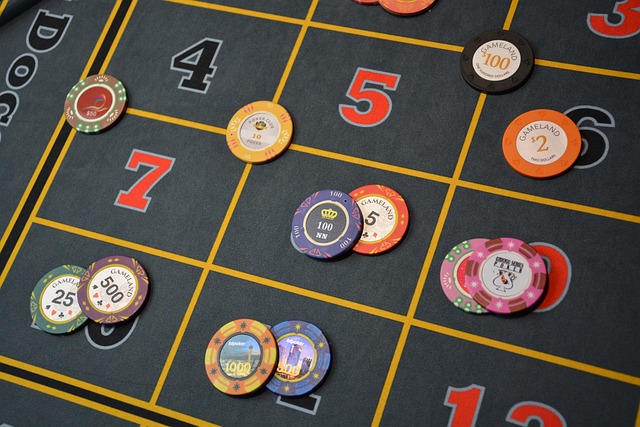The world of online gambling is undergoing a transformation with the emergence of decentralized casinos. Built on blockchain technology, these platforms promise enhanced transparency, security, and player autonomy by eliminating the need for centralized operators. Instead of relying on a traditional casino to manage funds, games, and payouts, decentralized casinos use smart contracts and distributed ledgers to create a trustless system. As the popularity of cryptocurrencies and decentralized finance (DeFi) grows, many are wondering: are decentralized casinos the future of online gambling?
Transparency and Trust Through Blockchain
A primary advantage of decentralized casinos is their transparency. Every transaction, bet, and outcome is recorded on the blockchain, providing players with a verifiable history of activity. This transparency significantly reduces the risk of fraud or manipulation by operators.
Traditional casinos, even when licensed and regulated, require players to trust the platform’s integrity. In contrast, decentralized casinos allow players to verify fairness themselves, thanks to provably fair algorithms and immutable records. This openness enhances trust and appeals to players who prioritize security and accountability.
Enhanced Security and Privacy

Decentralized casinos offer improved security through encryption and the absence of centralized data storage. Without a central authority holding players’ funds or personal information, the risk of data breaches or hacks is minimized. Players maintain control of their wallets and funds, which are only transferred during transactions triggered by smart contracts.
Additionally, decentralized platforms often require minimal personal information, appealing to users who value privacy. However, this anonymity can raise regulatory concerns, as it challenges traditional know-your-customer (KYC) and anti-money-laundering (AML) protocols. Balancing user privacy with regulatory compliance remains a key challenge for the industry.
Challenges in Adoption and User Experience
Despite their advantages, decentralized casinos face several barriers to widespread adoption. The technology is still relatively new, and many players are unfamiliar with concepts like wallets, private keys, and smart contracts. Navigating these systems can be intimidating for casual users, creating a learning curve that slows adoption.
Furthermore, the user experience on decentralized platforms often lags behind that of established online casinos, which offer polished interfaces, responsive customer support, and a wide range of games. For decentralized casinos to compete, they must improve accessibility, simplify onboarding, and expand their game offerings to match player expectations.
Regulatory Landscape and Legal Uncertainty

Decentralized casinos operate in a regulatory grey area. Their decentralized nature makes it challenging for governments to enforce traditional gambling laws, leading to uncertainty for players and developers alike. Some jurisdictions may view these platforms as unlicensed operators, exposing players to legal risks.
At the same time, regulators are increasingly exploring ways to integrate blockchain technology into legal frameworks, potentially creating pathways for regulated decentralized gambling. As the legal landscape evolves, decentralized casinos will need to balance innovation with compliance to ensure long-term viability.
The Future Outlook
Decentralized casinos represent a promising but evolving sector within the online gambling industry. Their potential to enhance transparency, security, and fairness makes them attractive to tech-savvy players and those seeking an alternative to traditional platforms. However, challenges such as regulatory uncertainty, user experience gaps, and technological barriers must be addressed for decentralized casinos to achieve mainstream adoption.
As blockchain technology matures and regulatory frameworks adapt, decentralized casinos could play a significant role in shaping the future of online gambling. For now, they offer a glimpse into what a trustless, player-centric gaming ecosystem might look like in the years ahead.
